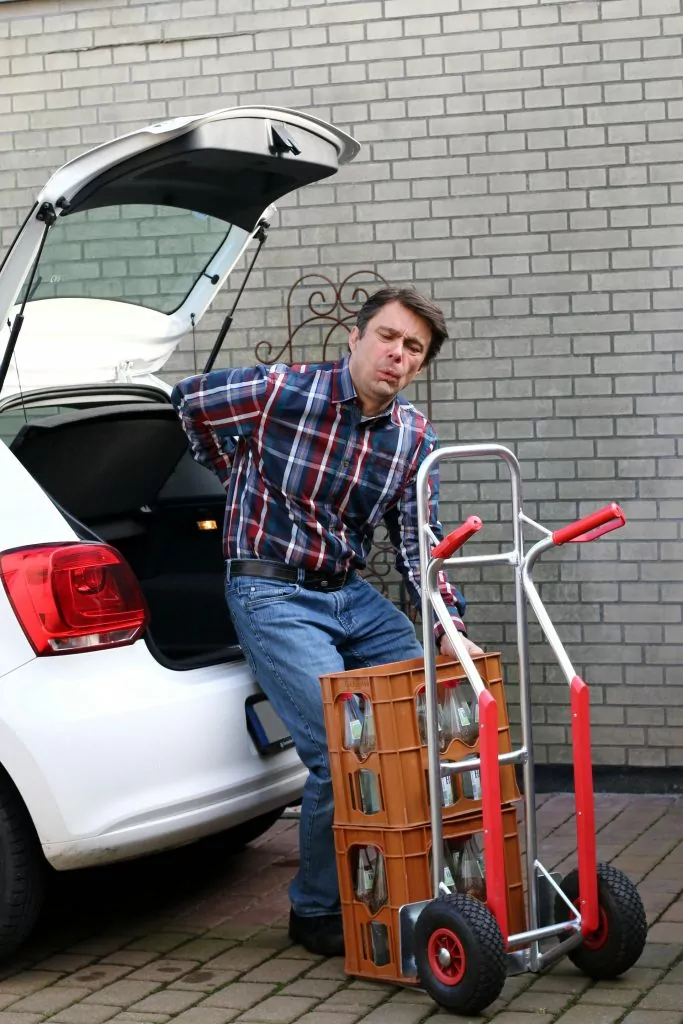Are you already enjoying tap water or are you still hauling cases?
Are you already enjoying tap water or are you still dragging crates?
According to the German Institute for Statistics, mineral water consumption in Germany was 122.7 liters per capita in 2021. That’s a decrease of 25 liters since 2018. One reason for this is likely to be the popular CO2 bubblers, which can be used to turn tap water into fizzy drinks and have become more widespread in recent years. Instead of buying expensive bottled mineral water and transporting it home with great expense, people are drinking fresh tap water.
Many consumers believe that mineral water has a higher quality and is healthier than tap water. But numerous studies have shown that the quality of tap water in Germany is generally in no way inferior to that of mineral water in terms of purity and mineral content. Mineral water also plays a subordinate role in supplying the body with minerals.
Anyone who has quality concerns about their tap water can ensure hygienically pure water with Seccua drinking water filters. They remove almost all pathogens, but also turbidity, suspended particles and microplastics from tap water. Minerals such as calcium or magnesium, on the other hand, are completely preserved, and these are crucial for a natural water taste.
When comparing mineral and tap water, the remaining aspects are convenience, price, and the impact on the climate and environment.
Convenience:
Besides the cost and time involved, bottled mineral water primarily means dragging around crates. A family of four drinks about 500 liters a year. If the family members opted for mineral water in PET bottles, they had to drag home about 621 kilograms; for mineral water in glass bottles, the figure was as high as 956 kilograms. To be pitied in this case are all those who live in an apartment without elevator. In addition, there is the disposal of empties, which again means lugging and effort. Drinking water from the tap is therefore easier on the back.
Price:
Drinking water from the tap is not only the less complicated alternative, but also the cheaper one. For the price of an average crate of mineral water containing 12 0.75-liter bottles (Adelholzener, Krumbacher, Gerolsteiner, Vösslauer, etc.) costing about 5-6 euros, you can get about 1,500 liters of drinking water from the tap in Munich or Hamburg.
Impact on climate and environment
Drinking water comes from regionally available ground, spring or surface water and requires neither packaging nor transport. The long transport routes of mineral water from the source to the consumer result in high CO2 emissions and are extremely problematic from an ecological point of view. According to the German consumer association, the climate impact of mineral water is on average 600 times higher than that of tap water. Added to this is the packaging waste caused by plastic bottles and disposable systems.
